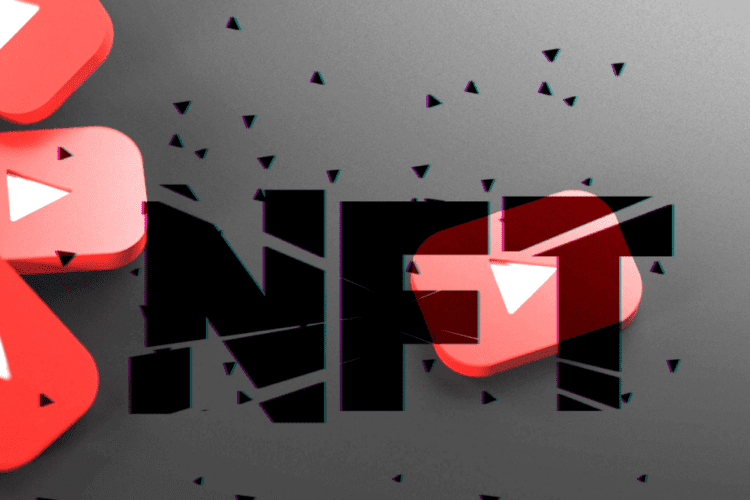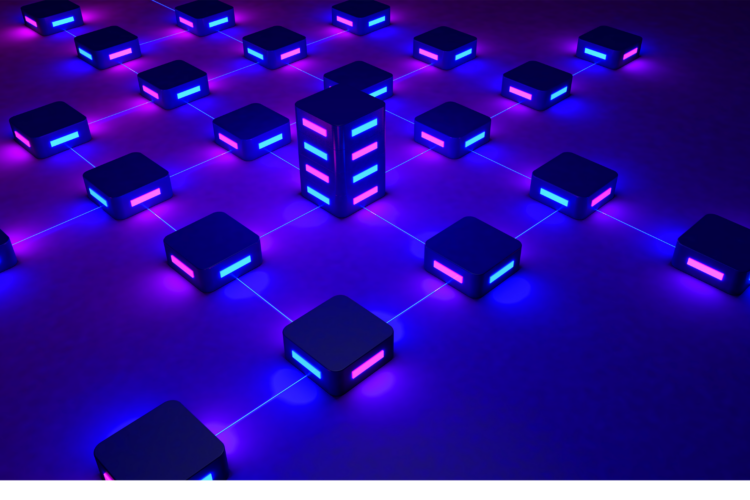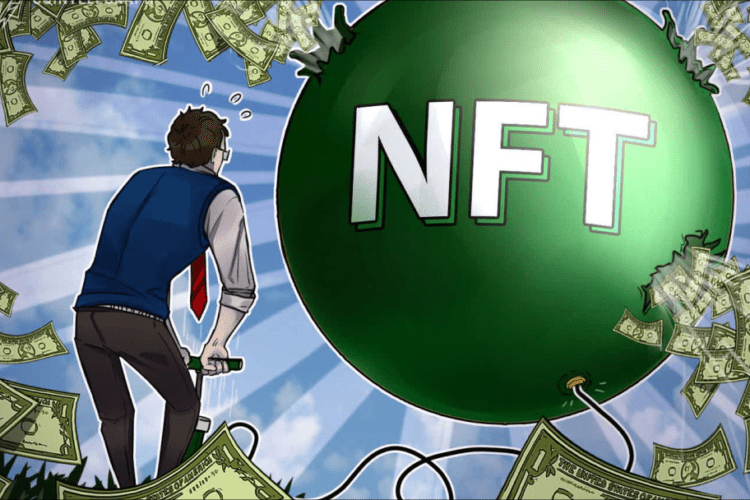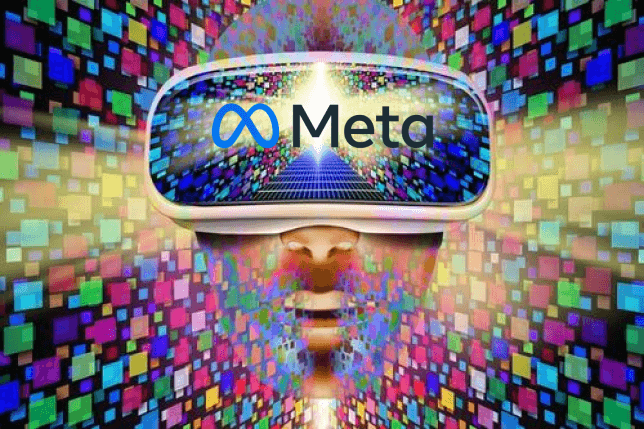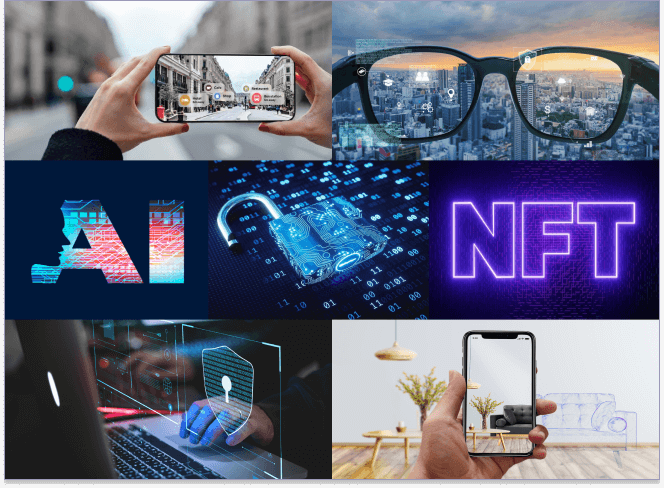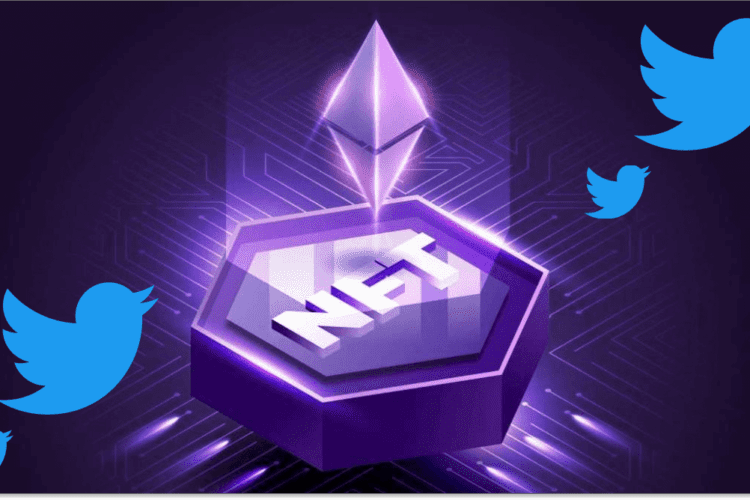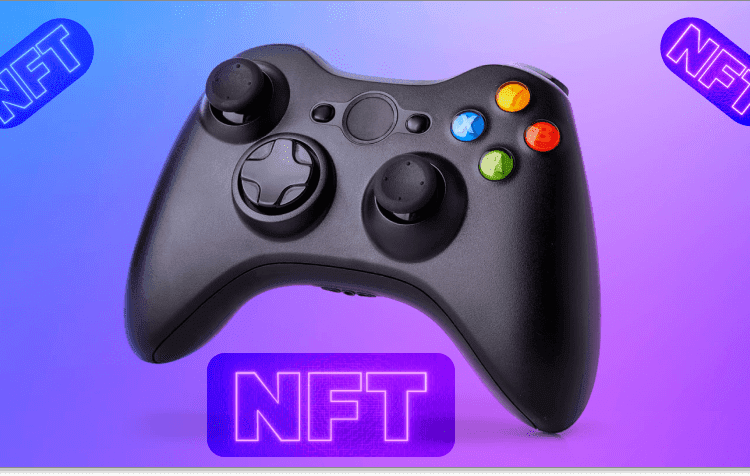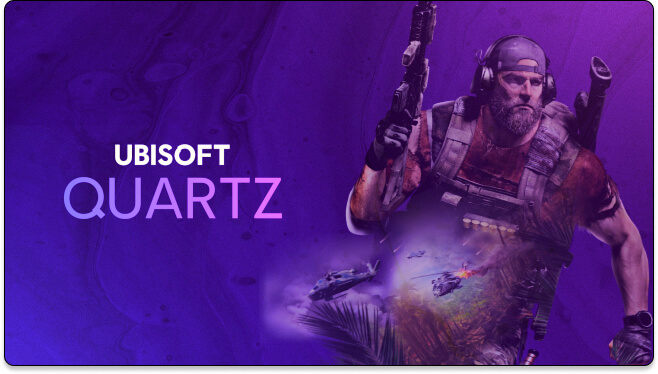BLOCKCHAIN
A New Era of Data Management
Blockchain technology is an innovative and decentralized type of database designed in such a way that makes it virtually impossible to alter or hack the information recorded in it.
First used in the launching of Bitcoin in January 2009, Blockchain has since gone way beyond its original application, helping companies across a wide variety of industries tackle trust and security issues while improving data management efficiency.
Discover why more and more companies around the world are adopting this record-keeping technology.


it works
Blockchain technology allows information to be stored securely, helping companies make data management more trustworthy, transparent, and efficient.
Information is stored in blocks or chunks of data, each of which holds a limited storage capacity.
Once the full capacity of a block has been filled, it is chained to a previously filled block.
When a block is added to the chain, it receives an individual and immutable timestamp.
Multiple copies of the database can be made across an entire network of computer systems, allowing all users to track every block of data.
All data is recorded chronologically and holds an indelible encrypted signature that cannot be altered.

Benefits of
Blockchain
+ Transparency
Every action within the blockchain remains visible for all users at any time.
+ Security
Immutable timestamps and decentralization ensure Blockchain is practically invulnerable to hacking.
+ Efficiency
Makes registering data simpler and faster, allowing companies to save both time and money.
+ Automation
Events and payments can be programmed to trigger automatically when specific criteria are met.
Technology
Applications
Cryptocurrencies
The first and probably still most renowned use for Blockchain has been storing cryptocurrencies’ history. Every transaction across the network receives a location that remains irreversible. All users hold their own copy of the Blockchain, thus ensuring total transparency for cryptocurrency exchanges.
Smart contracts
These are transaction protocols built into a blockchain to verify or negotiate a contract or agreement between parties. They operate under a set of conditions previously agreed by the users, and they can automatically execute when these conditions are met. This allows contract processing to be performed faster and with reduced costs.
Media Industry
Since Blockchain can prevent digital assets from existing in multiple locations at the same time, it has brought a much-needed solution for the media industry to tackle issues of intellectual property infringement and piracy.
Government
Potential applications for government purposes are only starting to be discovered. Preventing money laundering, improving bureaucratic efficiency, enhancing electoral transparency, or increasing security of data archiving are only some of the uses of Blockchain that governments from different countries are beginning to explore.
Supply chains
Blockchain offers the shipping industry the possibility of keeping track of each step of a product’s journey from its origin to its final destination. When an unexpected event in a supply chain occurs, the root of the problem can be easily identified, thus helping companies solve logistics issues much more efficiently.
Healthcare providers
Using Blockchain to store medical records can offer patients confidence by preventing the threat of alterations or unwanted access. A private key can be used so that the records remain accessible only to a limited group of individuals.
Non-Fungible Tokens
2021 has seen the meteoric rise of NFTs. Blockchain allows these digital items to be purchased and owned by single users, who can claim sole ownership for them. NFTs are changing consumer relationships across arts, sports, and other cultural markets, and the consequences of their rise are yet to be seen.
Banks
Transactions, funds exchange, and stock trading can all be performed considerably faster using blockchain-based applications. This could result in huge savings both for customers and banks
FAQS
81% of the largest organizations around the world are using blockchain. That percentage highlights the fact that it can be used in different industries ranging from Automotive, Healthcare, and Retail to Banking, Insurance, Media, and Telecommunications. Blockchain is already delivering extra business value and improving operations for millions of companies regardless of their industry.
A blockchain company has the power to develop blockchain software and apps tailored to the organization’s needs. For instance, they can offer a specific solution for the organization’s supply chain, and even help them with the enterprise’s digital assets management. Plus, they can also provide software services like APIs creation, cloud storage, and data management to other businesses.
According to CBInsights, some of the top companies that are behind the business of blockchain infrastructure and development in 2022 are Alchemy, StarkWare, AvaLabs, Digital Asset, Prime Trust, Solana, R3, and Consensys. IBM is also another leading company, a founding member of the Linux Foundation Hyperledger Project. They collaborate to develop Hyperledger Fabric.
Blockchain has many applications, for example, in smart contracts, logistics, money transfer, Internet of Things, personal identity security, non-fungible tokens (better known as NFTs), and government. You’ll see that there's plenty of information about real-world examples around the internet, one useful tip is to look for cases of success on blockchain companies’ websites.
A blockchain development company is an organization that builds solutions including those for smart contracts execution, secure payments, creating blockchain ecosystems, and decentralized apps. Plus, they can even offer cryptocurrency and tailored blockchain solutions across different industries.
Some of the programming languages used for blockchain projects and development are: C++, Python, Java, Solidity, Vyper, Golang (sometimes it’s called just Go), C#, JavaScript, Simplicity, and Rholang.
You can build a blockchain by relying on pre-built blockchain open sources such as Ethereum, Fabric, EOS, and Cardano, this will smooth the process by freeing you from creating the core engine. But if you want to, you can create one from scratch too or even modify an existing one to make it meet your specific needs. Note either building a brand new one or forking an existing one, will take you longer and lots of work.
Gartner’s voting chose these top 5 blockchain platforms: Chainalysis KYT (cross-industry), IBM Blockchain (cross-industry), Ripple (focused on financial services), Ethereum (cross-industry), Hyperledger Fabric (cross-industry). Some experts add Quorum (cross-industry) and R3 Corda (focused on financial services) to that list.
Bitcoin represents almost 40% of the cryptocurrency world’s value, plus, about 66% of its market is tied up in Bitcoin. With that being said, it’s normal to think that this is the largest blockchain. But Ethereum is taking a huge place too. For instance, in 2021, it surpassed Bitcoin’s number of transactions, and it’s used as a foundation network for many other cryptocurrencies.
Cryptocurrencies aren’t the only place where blockchain can develop its full power. Actually, it’s doing it greatly in business and will continue to do so. Blockchain can unlock higher revenue, lower costs, more efficiency, improvements in logistics and supply chain, enhanced healthcare services, and more. There’s a bright future of innovation in business ahead, and it’s led by blockchain.
our blog
Our Latest Media
Check out our blog to learn more about Blockchain Technology.
contact details
Contact us
We endeavor to answer all inquiries within 3 hours on business days. We are more than happy to help you!



